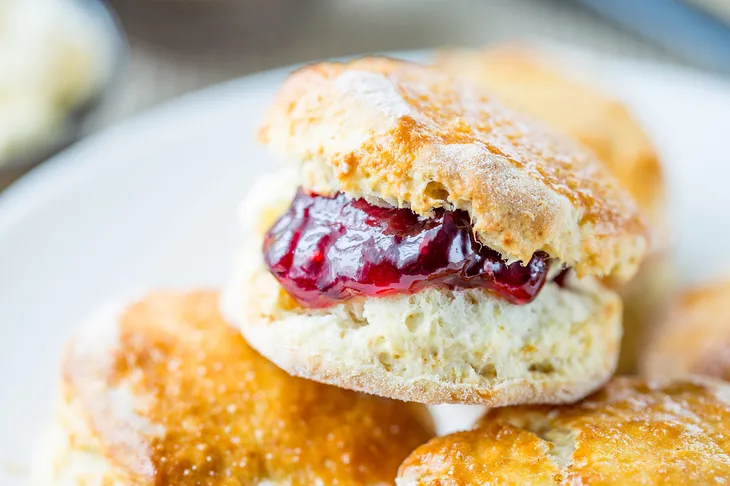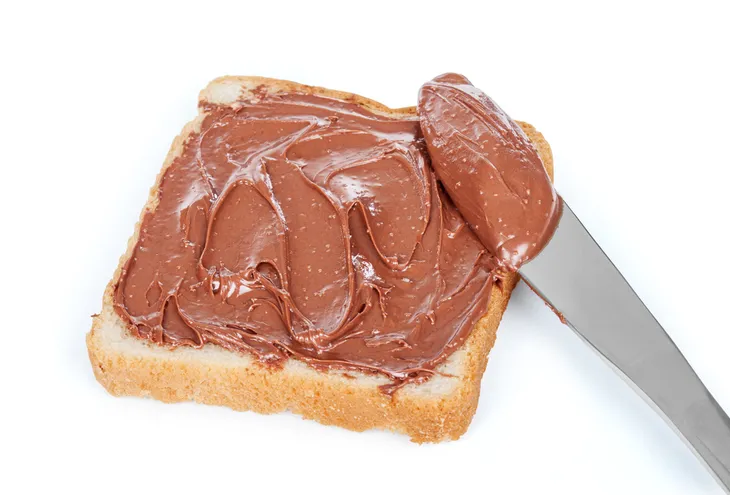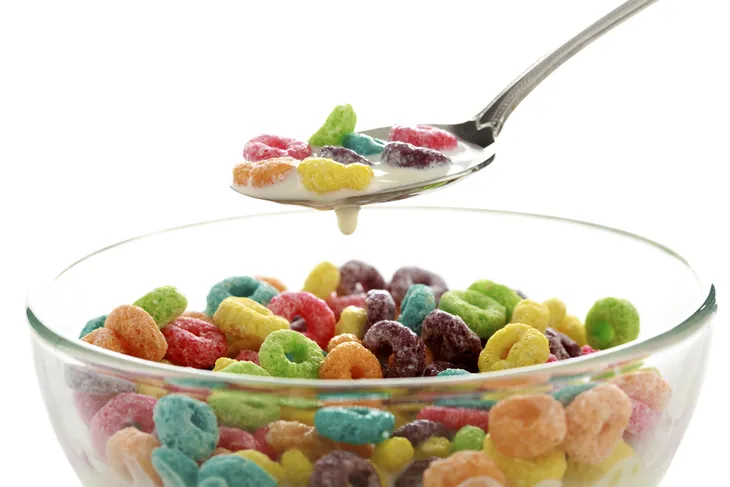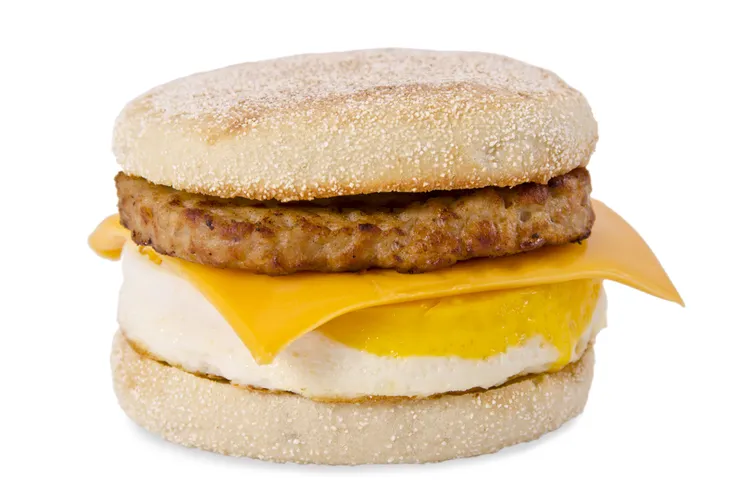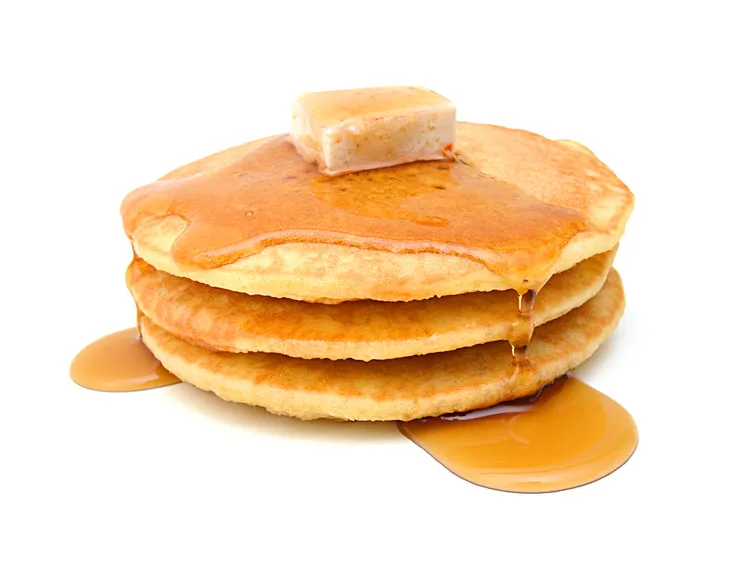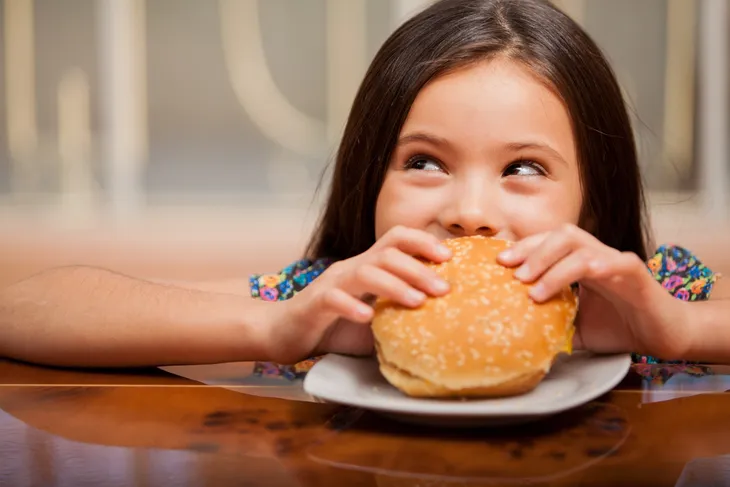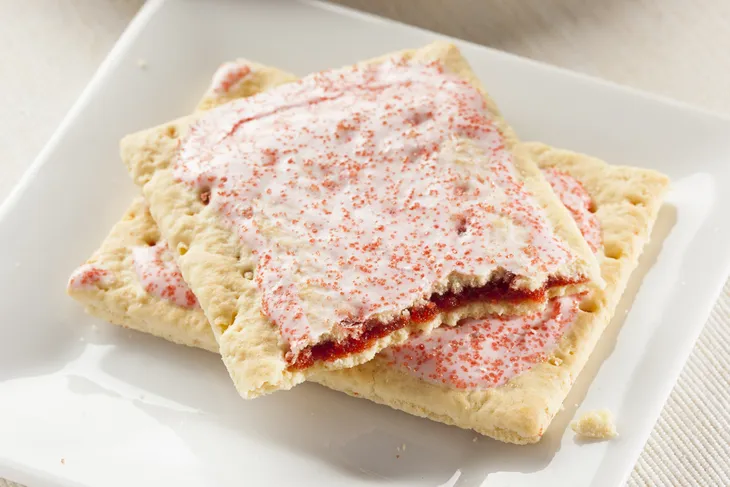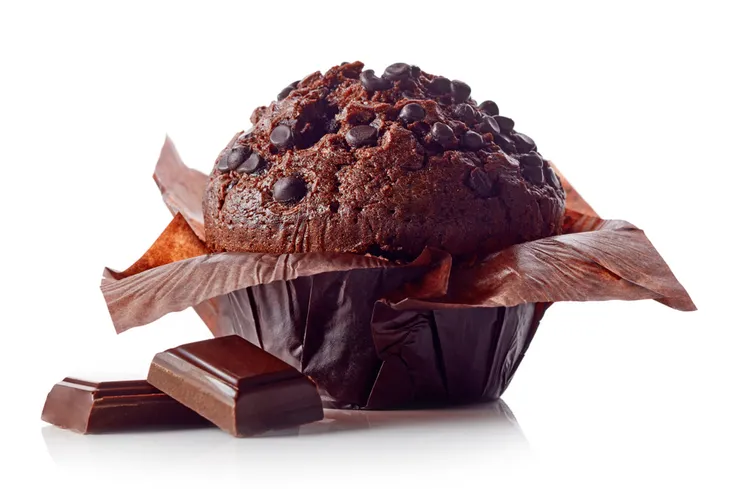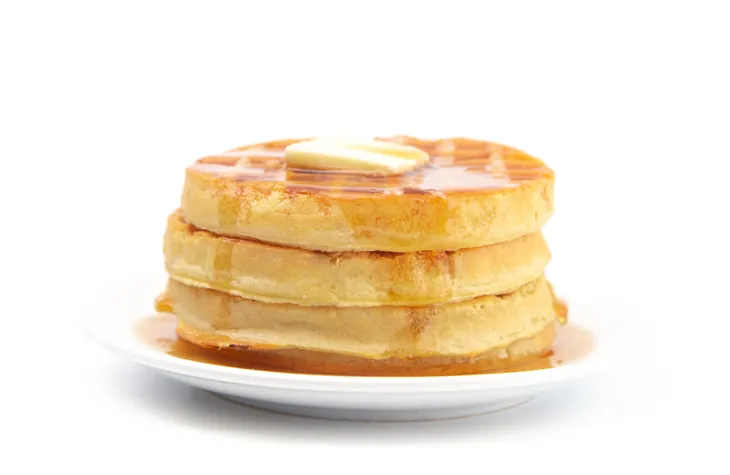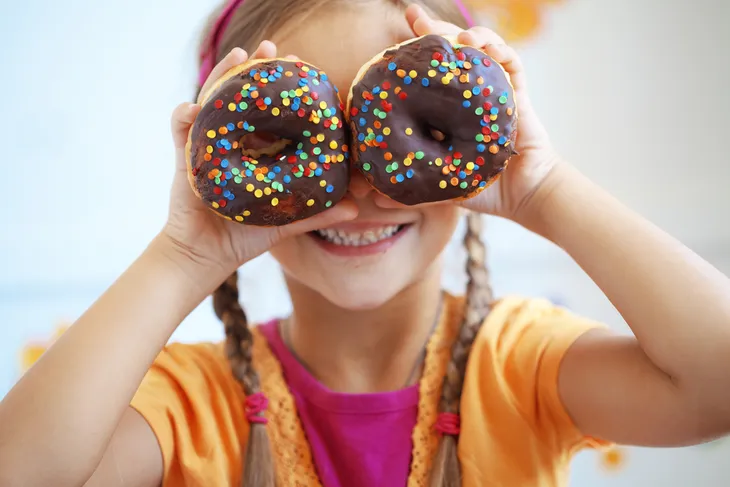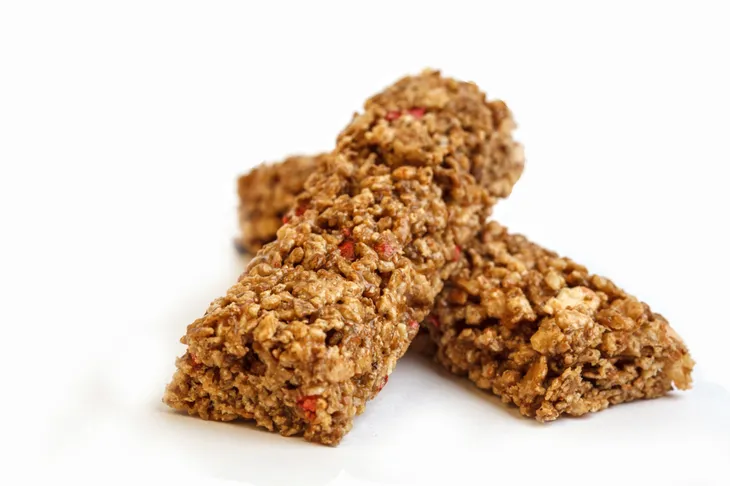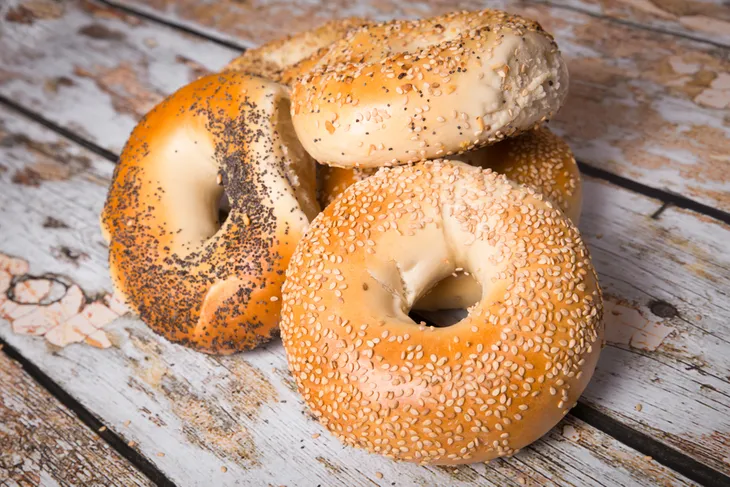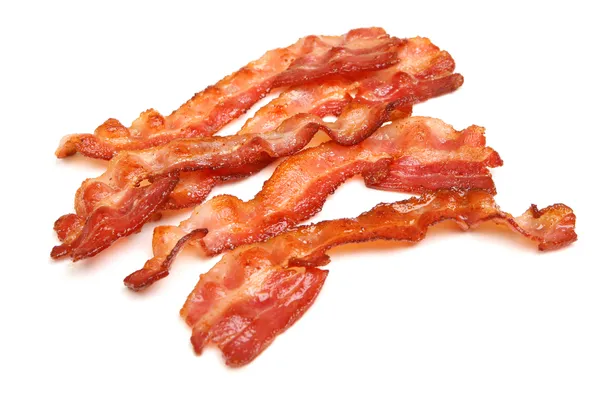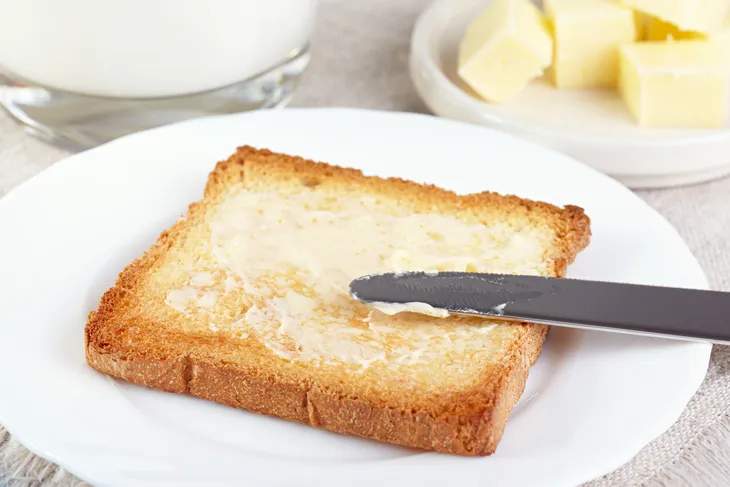Breakfast is truly the most important meal of the day. A healthy breakfast will set you up for a day of healthy eating. And nutritionists claim that breakfast is very important for children, as they need to fuel their minds and bodies for days of learning at school.
It can be easy to rely on prepackaged breakfast dishes for busy school mornings. Unfortunately, these foods are often high in processed foods, high in salt and sugar, and are loaded with calories. While processed breakfast foods may taste delicious, they are often not the best options for growing bodies.
If you are having trouble finding quick and healthy foods for kids, here are some options. Soak steel cut oats overnight for fast cooking in the morning. Eggs make great fast food meal as they take only a few minutes to cook. Smoothies are a great option for kids who don’t like to eat breakfast if you blend together fruit, vegetable, and yogurt for a complete meal in a glass.
Here are the 19 worst breakfast foods to feed your children. Food experts urge us to stay clear of these bad choices and instead reach for nutritious whole foods…
Chocolate Nut Spread
Recent commercials have seen chocolate nut spreads being advertised as a healthy food. While hazelnuts are healthy in moderation, these products are made with an abundance of sugar, making kids hyper at the moment, but incredibly tired later on. Instead, opt for a light chocolate flavored cream cheese spread. Your children will be getting a good supply of calcium and protein while keeping the sugar and calories balanced.
Boxed Cereal
Cereal marketed to children is typically filled with sugar to make them palatable. The companies use animal mascots to appeal to kids, making them bug their parents to buy the brand. Sugary cereal may be a convenient breakfast, but it won’t keep your children full until lunch. Instead of high sugar cereals, look for whole grain options.
There are some wonderful types of cereal on the market if you read labels. Check the sugar content, protein amounts, and the amount of fiber they contain before making a purchase.
Instant Oatmeal
Oatmeal is a wonderful breakfast for cold mornings. There are many instant oatmeal products, which act as convenient meals for busy breakfasts. However, most kids love these instant oatmeal packages because they are filled with sugar and child friendly flavors like peaches and cream or chocolate chips.
Not only are these instant oatmeal products unhealthy, but they are also expensive. Instead, buy quick oats and portion them in snack bags. You can easily microwave quick oats, making them just as fast in the morning and combining them with fresh fruit and yogurt. These have more fiber and are lower in calories.
Breakfast Drinks
Grocery stores and pharmacies sell pre-made breakfast drinks marketed to children. These products can be amazing for children, giving picky eaters vital nutrients. However, many of these products are deliberately loaded with sugar, to boost the calorie count. If your child is healthy and doesn’t need liquid supplements, look for other options for breakfast.
If your kids like to drink breakfast, try a healthy smoothie. Blend together frozen fruit and vegetables with milk or yogurt. This way your kids get great protein while filling up on fiber.
Toast and Jam
Toast and jam seems like such a classic breakfast, but it can be loaded with empty calories. Children love white bread, but it’s got almost no fiber and won’t keep your kids full. Instead, opt for a whole grain bread.
Picky children may refuse to touch brown bread, but some brands offer whole grain bread in a white color and texture. Jam or jelly is also a dangerous breakfast food. Many varieties are packed with sugar and preservatives. Look for pure fruit types with low or no sugar added.
Breakfast Sandwiches
A new product on the market are frozen breakfast sandwiches. These meals promise a whole breakfast in one, easy to eat form. They usually contain a bagel or biscuit with eggs and sausages or bacon. You just have to throw these products in the microwave and you’ll have an instant breakfast.
Unfortunately these products are massively high in processed fat and calories. You can easily make your own breakfast sandwiches by frying an egg and lean turkey or turkey bacon, and putting them between whole grain toast.
Pancakes
Pancakes and waffles are a delicious breakfast and the store bought mixes are very convenient. You just mix the powder and water and pour it on a hot griddle. These carbohydrate laden meals will fill your kids up, but they may feel hungry soon after. Pancake toppings like table syrup or golden syrup are high in sugar and thus high in calories.
If you want to treat the kids to pancakes, top them with fresh fruit and nuts for a healthier meal. You can also make pancake alternatives by mashing bananas with eggs and frying the mixture.
Fast Food
Morning breakfasts can be chaos. Getting your children ready for school can be havoc. Sometimes it’s just easier to buy breakfast on the way to school. Your kids will love this treat, but fast food breakfast dishes can be high in calories and fat.
You can make fast food breakfast sandwiches at home and freeze them to be used at a later time. This lets your kids enjoy the flavor while keeping the calories under control. Toast whole grain English muffins and top them with a fried egg and slice of lean ham or low fat cheese. This breakfast is also easy to heat up quickly and eat on the road.
Toaster Pastries
This retro food is a childhood favorite. Toaster pastries are delicious and easy to make brekkie on a busy morning. Each one is packed with calories and sugar, but little fiber. A lack of fiber and protein means that your kids will be hungry shortly after eating breakfast. Instead of making this unhealthy food, opt for a whole grain toast with natural nut butter and sugar free fruit puree or sliced bananas.
Muffins
Muffins are considered a healthy food, but they can have more empty calories than a large doughnut. Large sized muffins are filled with more carbohydrates and sugar than two slices of bread. They are also surprisingly high in fat, filled with butter and trans fat oils.
Making your own muffins at home is a much healthier option than buying them. You can replace some or all of the fat with applesauce, and amp up the fiber and nutrition with whole grain flour.
Waffles
We already touched on why pancakes aren’t good for children to eat for breakfast, and the reason for waffles is pretty similar. While these types of food taste really good, especially to kids, they lack nutrients, fiber, and protein. All of these things are an important part of a healthy breakfast. Then top them off with some maple syrup and then they’re also loaded with calories and sugar.
While popping a frozen waffle in the toaster is one of the simplest ways to whip up a breakfast for a kid, especially while on the go, it’s not practical for their health. It’s also not teaching them good eating habits. You might be satisfying their hunger in the moment, but they’ll only be hungry again in an hour or so. If a child really wants to have waffles for breakfast, forget the frozen processed kind and whip up a batch made from whole wheat flour.
Kid-Friendly Yogurt
This one is tricky because yogurt is typically touted as a healthy snack, and it is! The key is to choose the right kind of yogurt. Unfortunately, most of the foods geared towards children are unhealthy and that’s because these brands are adding in things like sugar to make them taste better so that children will like them.
Yogurt can be a great source of protein which is super important, especially first thing in the morning. The best options are the ones that don’t have much flavor (low-fat, fat-free, or Greek plain yogurt with no added flavor) which could pose a problem for kids. To make it taste better, add some cinnamon, honey, or cut up fruit on top.
Cooking Light says to also look for brands that say “live and active cultures” to make sure that they contain that good bacteria we need for our gut. If a child insists on having flavored yogurt, try to buy whatever brand has the least amount of sugar.
Donuts
We’d hope this one doesn’t need a lot of explanation considering donuts are more of a desert than a breakfast, but you’d be surprised how many kids start their day with a tasty treat like this! It’s hard to say no to a child who’s asking for a donut, but it’s important to limit their intake on foods like this because they’re super high in fat and calories. It’s also not a great way for them to start the day because they’re not getting the right nutrients needed to fuel them through the morning.
“Not only are these pastries made with refined white flour, but there’s sugar added,” Jean LaMantia, registered dietitian and author of the Essential Cancer Treatment and Nutrition Guide Cookbook to Best Health.
Granola Bars
While granola bars and breakfast bars are super handy for parents on the go and in a hurry, they are not an adequate replacement for a healthy meal. “Although unprocessed oats are high in fiber, granola bars provide 1-3-grams of fiber, on average. However, they contain a lot of added sugar,” writes Healthline.
Some of the most popular brands are full of sugar, honey, and corn syrup which can raise blood sugar and cause inflammation. To make matters worse, some of them contain dried fruit or chocolate chips which only adds more sugar. While there are some bars that can be healthy, be sure to read the label. Make sure it’s low in sugar and high in protein. Most of them are low in protein which is another reason why they aren’t a great option for breakfast.
Fruit Juice
We must admit, even as adults, fruit juice is something we like to indulge in and kids LOVE it. The reason kids love it so much is because most brands are loaded with sugar. Even the kinds that are advertised as being made with “real fruit” are a far cry from anything remotely healthy. Cooking Light writes, “high intake of juice drinks is thought to be one of the contributing factors to the obesity epidemic in kids.”
According to the American Academy of Pediatrics, children between the ages of 1 and 6-years-old should only be consuming ½-cup or ¾-cup of juice each day. Those that are between 7 and 18-years-old can have up to 1 and ½-cups per day. We suggest limiting the amount they are given and being mindful of how much sugar is in them. This is not something that’s going to provide them with the adequate amount of nutrients needed to start the day, and it’s definitely not the same as eating a real piece of fruit!
Bagel and Cream Cheese
Bagels are a popular choice for breakfast, especially those really unhealthy ones made with refined grains. They’re super easy to make with little prep and can be eaten with cream cheese, butter, jam, or even peanut butter! So what’s not to like? Well, for starters, they are super high in calories. “The average deli bagel can have over 350-calories and 50 to 60-grams of carbohydrates — the equivalent of three to four slices of bread,” writes Active.com.
Even those supposedly healthy whole grain and whole wheat bagels are unhealthy because while they might contain some whole grains, the majority of the flour is highly refined white flour which means it lacks vitamins, minerals, and fiber. “Without fiber to slow absorption, the carbohydrates digest quickly, converting to sugar and then, very possibly, to fat,” explains Active.com.
Bacon and Sausage
Who doesn’t love a side of bacon and sausage with their eggs? While this breakfast meal is probably a popular weekend tradition in many family homes, it’s not exactly the wisest choice when it comes to health. Processed meat like bacon and sausage are often filled with additives, sodium, fat, and high levels of cholesterol.
We understand that it’s probably not practical to completely cut bacon and sausage out of a child’s diet, especially if they’ve already become accustomed to eating it. We suggest treating these processed meats as a special treat to indulge in once in a while.
Toast and Butter
A piece of toast with butter might seem harmless enough, especially if the toast is whole grain, but it’s actually not a great breakfast. While it isn’t as bad as a toaster strudel, donut, or pastry, it doesn’t provide many wholesome nutrients.
That piece of toast is made mostly of refined flour so it contains little nutrients and fiber. “Because it is high in refined carbs and low in fiber, it can spike blood sugar levels very fast,” writes Healthline. “Elevated blood sugar leads to rebound hunger” which means they’ll just be hungry again in an hour or so. The next part of this meal is the margarine which contains unhealthy trans fats. “Food manufacturers create trans fats by adding hydrogen to vegetable oils in order to make them appear more like saturated fat, which are solid at room temperature.”
Scone with Jam
A scone is like eating a piece of cake for breakfast. You wouldn’t give a child cake for breakfast, so why would we give them a pastry or scone? “Scones are made by mixing refined wheat flour, butter and sugar with desired flavorings. The dough is then shaped into small rounds and baked,” writes Healthline. We then eat scones with high-calorie spreads like jam or cream which ends up being a breakfast full of fat and sugar instead of fiber and protein. Consider whole grain bread with a nut or seed butter for a better option.
Fiber is an important ingredient for breakfast because it keeps hunger satisfied for longer periods of time. Eating breakfast without any fiber and protein is a quick fix and won’t do anything to curb cravings. It’ll also lead to more snacking which creates an ongoing cycle of unhealthy eating throughout the day.
